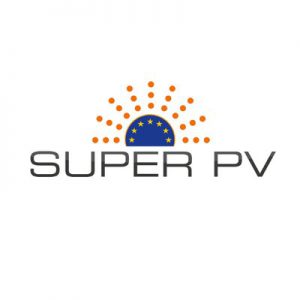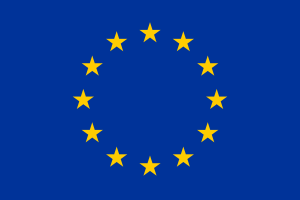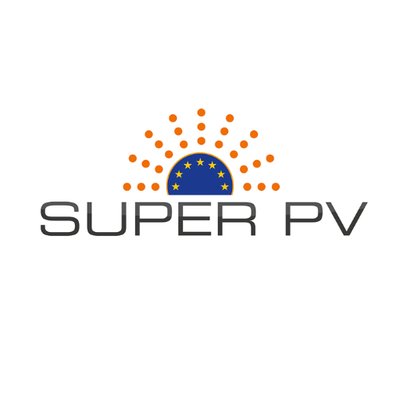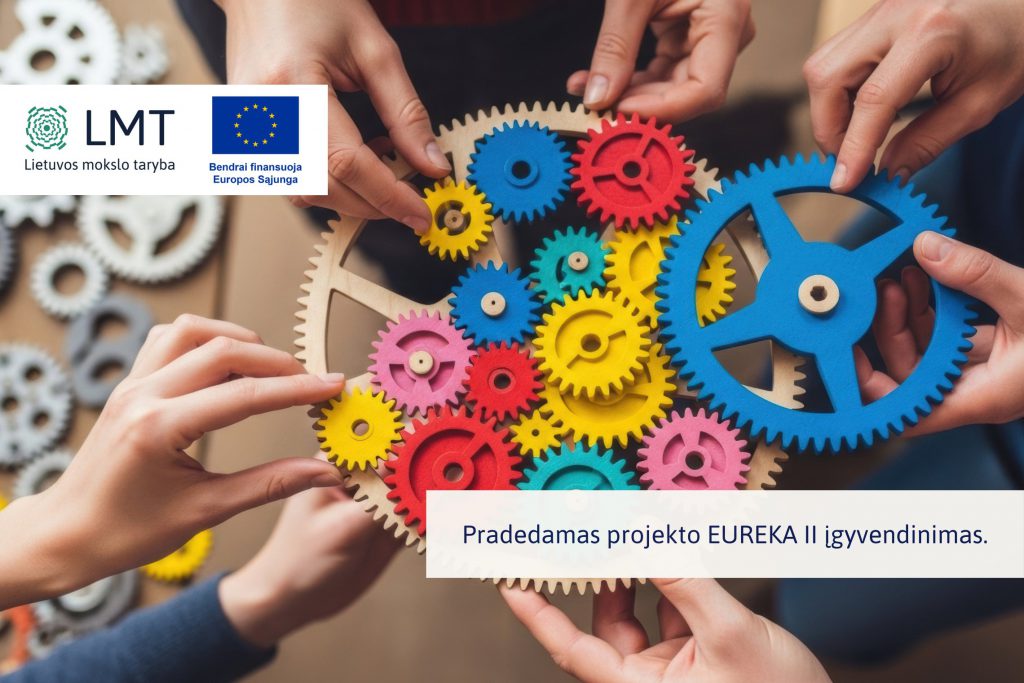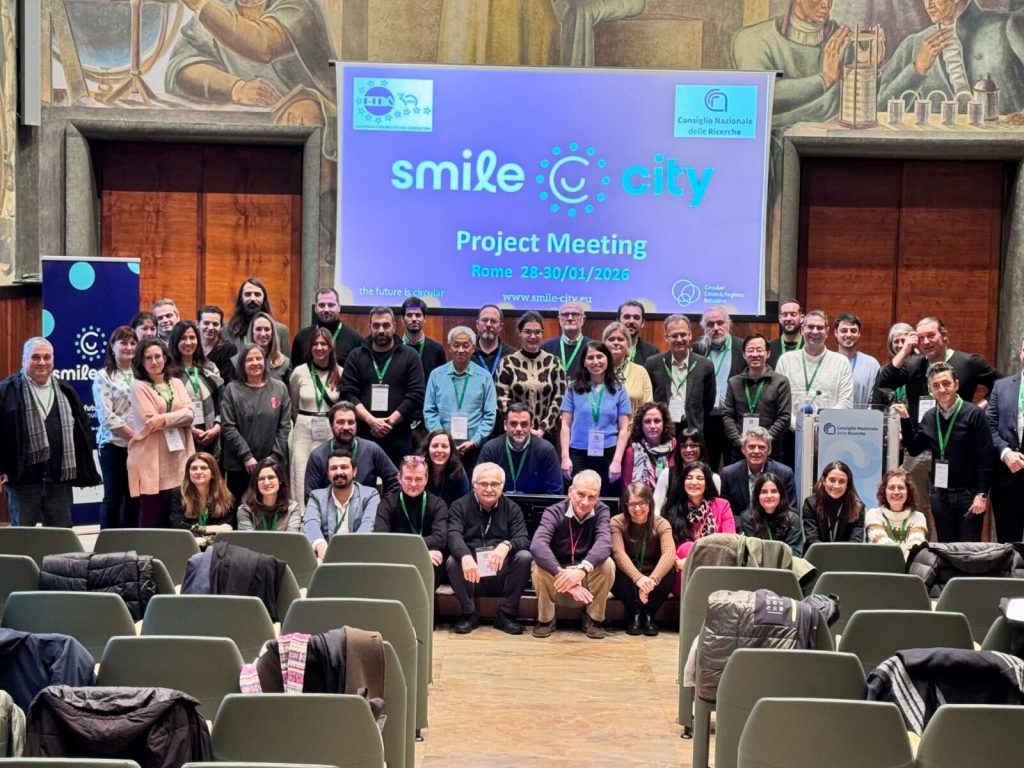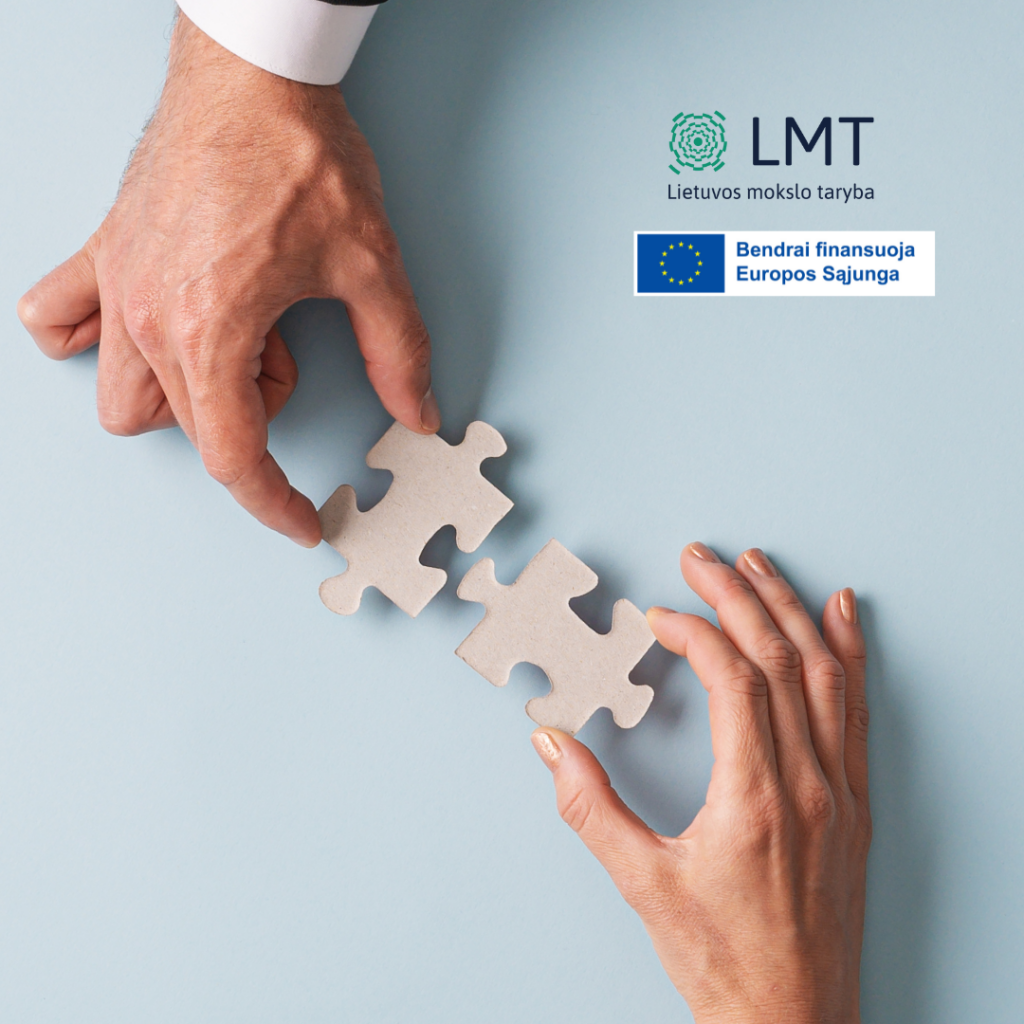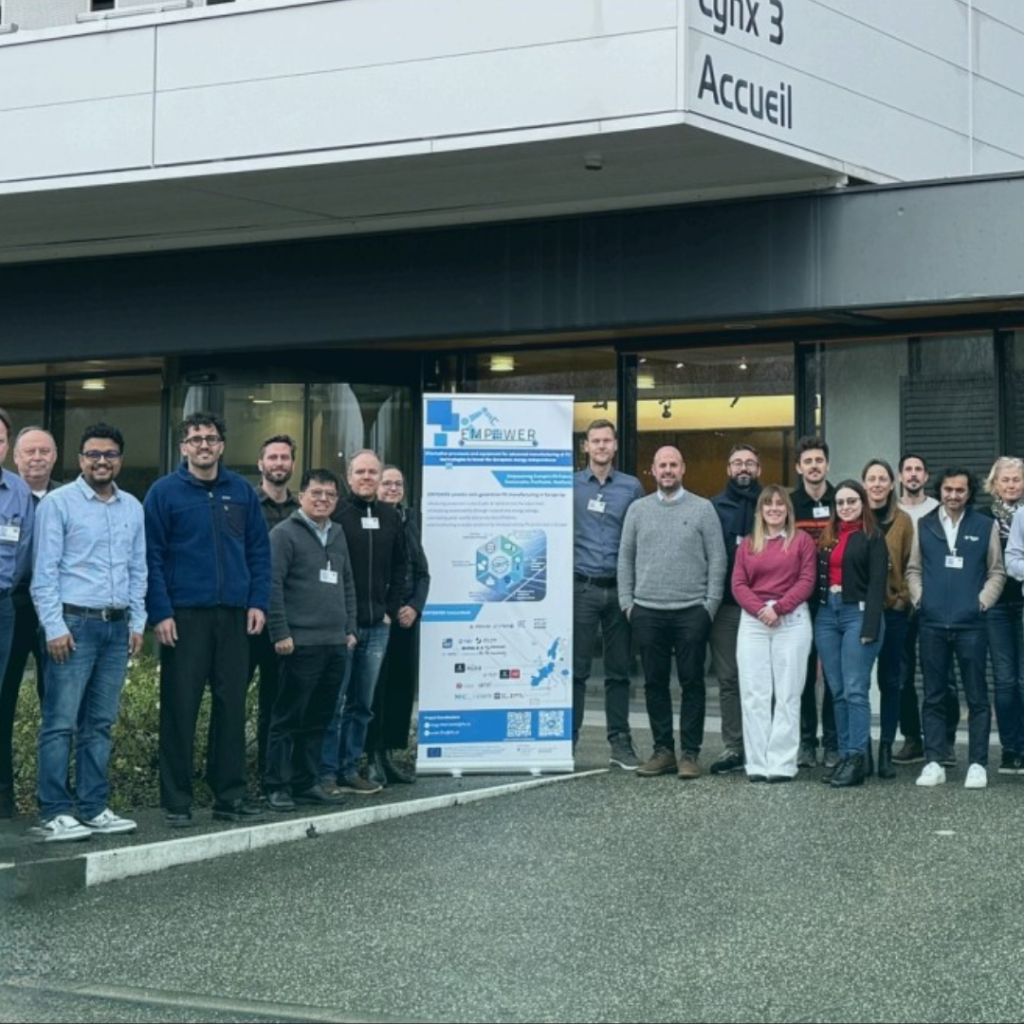CoSt redUction and enhanced PERformance of PV systems
Call for proposals: H2020-LCE-2017-RES-IA
Topic: LCE-10-2017
Start/End: 01 May 2018/30 April 2022
EU contribution: €9,907,793, total budget €11,616,850
Coordinator: UAB SOLI TEK R&D
Partners: PERSPEKTYVINIU TECHNOLOGIJU TAIKOMUJU TYRIMU INSTITUTAS
(PROTECH), Lithuania; INSTITUT FUR SOLARENERGIEFORSCHUNG GMBH (ISFH), Germany; APOLLON SOLAR (APOLLON), France; LOSER CHEMIE GMBH (LCH), Germany; FLISOM AG (FLISOM), Switzerland; TECNOLOGIA NAVARRA DE NANOPRODUCTOS SL (TECNAN), Spain; MOROCCAN FOUNDATION FOR ADVANCED SCIENCE INNOVATION AND RESEARCHFONDATION MASCIR (MAScIR), Morocco; NEDERLANDSE ORGANISATIE VOOR TOEGEPAST NATUURWETENSCHAPPELIJK ONDERZOEK TNO (TNO), Netherlands; SINTEF AS (SINTEF), Norway; L’UREDERRA, FUNDACION PARA EL DESARROLLO TECNOLOGICO Y SOCIAL (LUREDERRA), Spain; EOLANE COMBREE (EOLANE), France; COSYLAB LABORATORIJ ZA KONTROLNE SISTEME DD (COSYLAB), Slovenia; FUNDACIO INSTITUT DE RECERCA DE L’ENERGIA DE CATALUNYA (IREC), Spain; COMMISSARIAT A L ENERGIE ATOMIQUE ET AUX ENERGIES ALTERNATIVES (CEA), France; CADCAMATION KMR SA (CADCAMation), Switzerland; AYESA ADVANCED TECHNOLOGIES SA (AYESA), Spain; SCUOLA UNIVERSITARIA PROFESSIONALEDELLA SVIZZERA ITALIANA (SUPSI), Switzerland; MOROCCAN AGENCY FOR SOLAR ENERGY SA (MASEN), Morocco; BNW-ENERGY (BNW-Energy), Norway; ICARES CONSULTING (BI), Belgium; WIRTSCHAFT UND INFRASTRUKTUR GMBH & CO PLANUNGS KG (WIP) , Germany; AGENCE NATIONALE POUR LA MAITRISE DE L’ENERGIE (ANME), Tunisia; UNIVERSITAT KONSTANZ (UKON), Germany; UNIVERSITE MOHAMMED V DE RABAT (UMV), Morocco; UNIVERZA V LJUBLJANI (UL), Slovenia.
Project website: https://www.superpv.eu/, https://cordis.europa.eu/project/rcn/215049_en.html
This project has received funding from the European Union’s Horizon 2020 research and innovation programme under grant agreement No. 792245
SUPER PV’s goal is to reduce costs of the photovoltaics (PV) system by combining technological innovations and data management methods along the PV value chain.
The project implements key actions at three levels within the PV value chain: PV module, power electronics and system integration. In the lifetime of the project, prototypes will be produced in industrial environments and tested in different (including unfavourable) climate conditions to evaluate cost efficiency and demonstrate competitiveness of the proposed solutions.
If successful, the project will significantly contribute to decreasing a levelised cost of electricity between 26%-37% while the PV products developed will accelerate the large-scale deployment of PV and will help EU PV businesses to regain leadership in world market.
